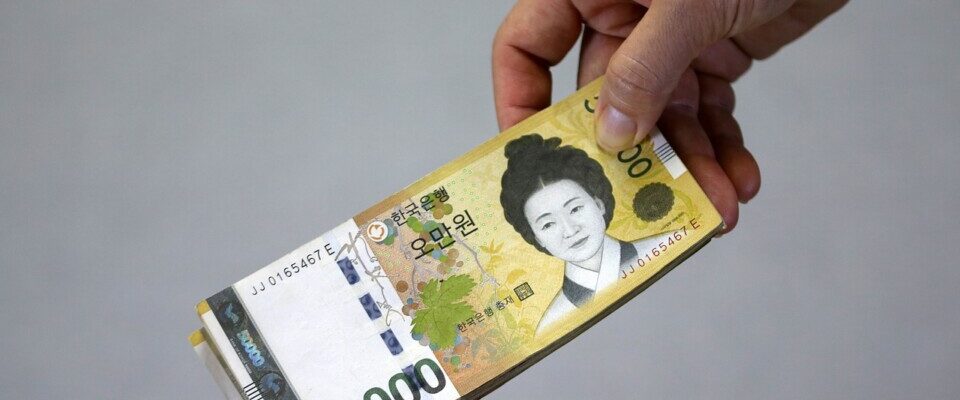South Korea is now planning on regulating digital assets, including cryptocurrencies. However, there is an ongoing fight for power behind the scenes between regulatory authorities.
Financial Services Commission (FSC) is the financial regulator that keeps a check on the local cryptocurrency market. However, the central bank says it wants the authority to access data of the cryptocurrency platforms.
The dispute was highlighted again on the April 25th meeting in the National Assembly where the representatives of the FSC and the Central Bank met to discuss the cryptocurrency regulations.
Deputy Governor of the Bank of Korea Lee Jong-ryeol and the vice chairman of the FSC Kim So-young got into a disagreement regarding the bank’s right to data. In the end, the FSC agreed to give the central bank’s request to have access to the data from crypto companies.
South Korea’s Huge Market
According to a report by Statista, South Korea is the perfect example of what expert calls “cryptocurrency fever,” since 10% of the population have crypto holdings since Bitcoin hit an all-time high in 2021.
The report further states that the country is one of the largest cryptocurrency markets in the world. The country’s exchanges are responsible for 9% of global transactions.
Additionally, the daily trading volume for cryptocurrencies hit a record high of 23.7 trillion South Korean won on May 19, 2021. This was more than the value of the stocks traded on South Korea’s stock market.
The failure of the Terra-Luna stablecoin which led to a loss of US$40 billion has been a major concern for the central bank. Therefore, it wants to keep a check on all the crypto trading platforms that could impact the financial system’s stability.
According to a report by the Central Bank in April, it stated that stablecoins, which is a type of cryptocurrency that has a fixed value tied to another asset, can come in as an alternative to fiat currency.
Welcoming the Digital Asset Industry
Investors and traders are welcoming the government’s initiative to offer more clarity about the crypto industry. However, it could see an impact if the nation’s financial institutes continue to find themselves in a dispute.
Kim Han-gyu, a lawmaker for South Korea’s Democratic Party, was present at the National Assembly meeting. Local news outlets mentioned Kim’s stance regarding the crypto market is that is continuously increasing household debt.
He further added that 60% of the total loans from the K-Bank have been to users for its partner, Upbit, a major crypto exchange in the country.
Upbit collaborated with K-Bank three years ago to comply with the laws that made it necessary for local banks to give users’ details for anti-money laundering purposes. From July 2020 to December 2021, the exchange company’s users borrowed 4.9 trillion Korean won (US$3.7 billion).
Struggle for Power
While the FSC did agree to provide the bank with the data regarding cryptocurrency transactions, there are still concerns regarding the power struggle between both authorities.
According to Yoon Han-hong who is a member of the People Power Party, the meeting between both authorities can send a working message that that country considers crypto as a payment method.
Experts believe that the power struggle between the two will most likely persist in the coming times. They would collide again when working on the enforcement of the regulation that comes after the completion law.
However, getting the central bank involved in setting up the crypto regulations has an upside. It could be used as a positive development for using stablecoins or cryptocurrencies in the financial systems in the future.

